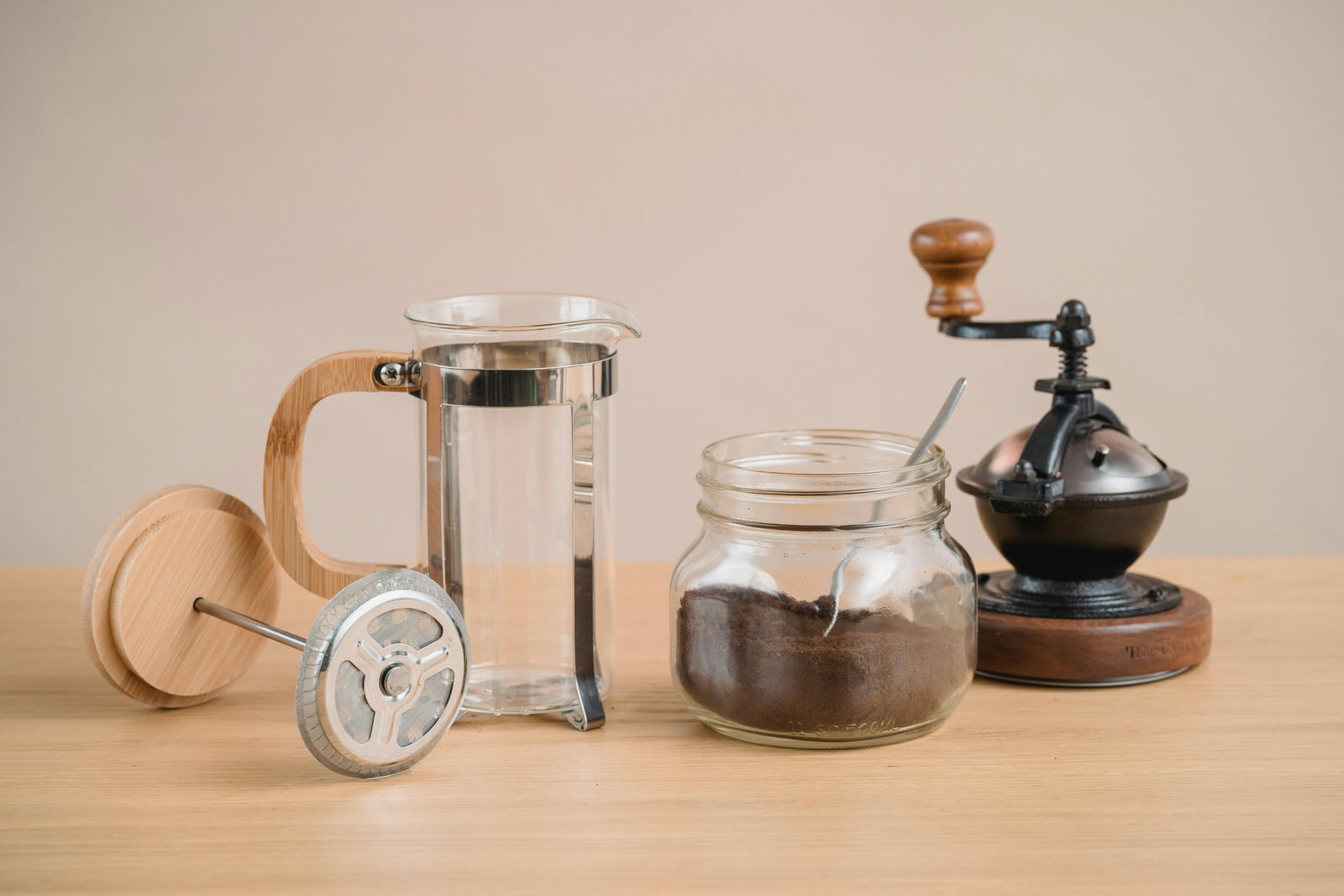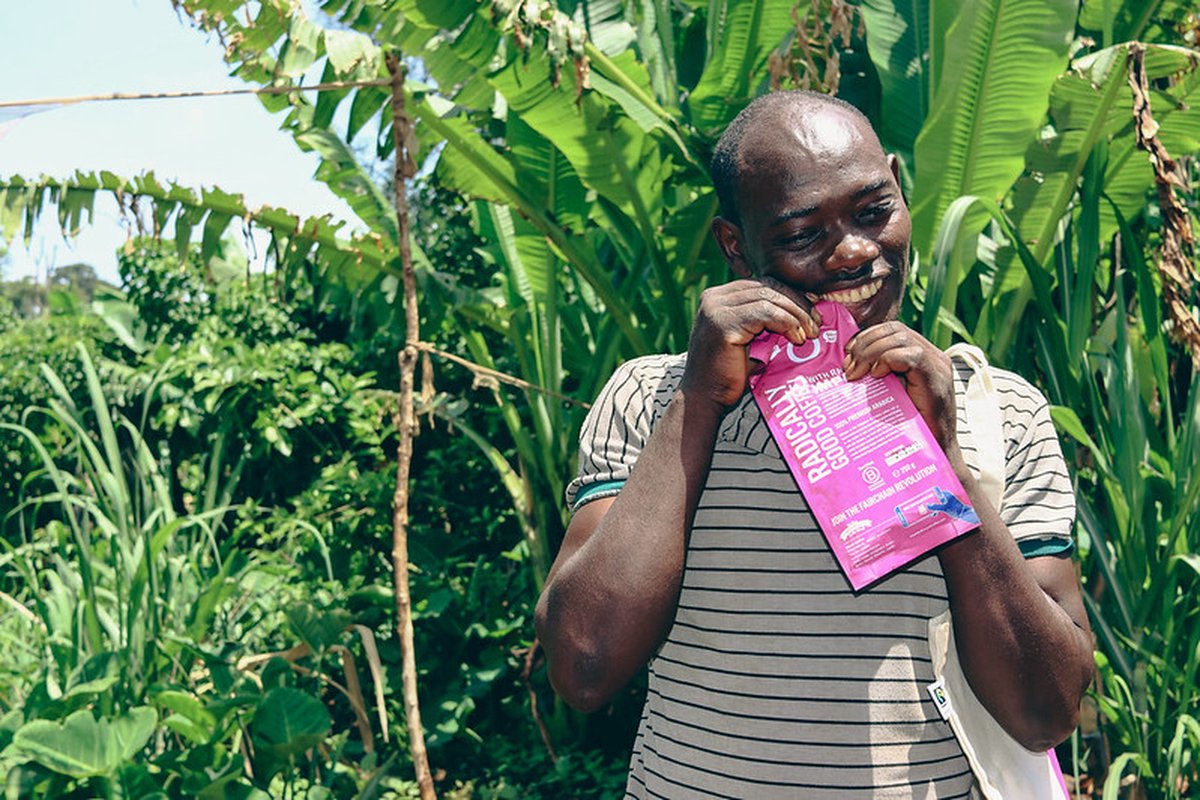Your Cart is Empty
🚚 ALL ORDERS PLACED OVER CHRISTMAS AND NEW YEAR WILL BE SHIPPED ON MONDAY 5TH JANUARY 🚚
A few years back when we decided to start paying our farmers digitally through their mobile phones a group of female farmers approached us, unhappy with the move. “ I own the coffee around the house” they told us. But “he owns the mobile phone. ” they stated, adding, “ You’re not paying him for my coffee.”
Across Africa, women do up to 70% of the agricultural work yet they earn 40% less for their labour. In fact due to culture and religion women are denied equal access to farming inputs and technology (such as a mobile phones), farming advice, access to credit and most importantly access to markets.
No matter whether you are farming corn or coffee, cocoa, wheat, avocados, bananas or groundnut - the rules are not the same for everyone. Women are treated differently and are denied equal access to knowledge, inputs, money or markets.
The reality is that if women were given the same opportunities as men they could increase their yields yb almost 40% and produce enough food to feed an additional 150m people. Think about that for a minute. Given an equal chance, African women could produce enough food to feed an additional 150m people. That’s like two or three France’s sorted!
Back at our washing station, a number of visiting students in early 2019 carried out some research on mobile phone ownership amongst our FairChain farmers. They discovered that almost none of our female farmers owned their own mobile phone and yet all appreciated the importance of a phone.
Not only is a phone important to stay connected with family but it’s also a key source of information and pricing. Plus very importantly, in a rural, non-electrified, community a phone doubles as a torchlight which is invaluable for so many reasons.


On the payment front we reached a compromise by bringing the local bank to the washing station and setting up almost 100 of our female farmers with a bank account. A strong first step to financially empower these women but clearly we need to ensure all our female farmers own a mobile phone.
Brewing exceptional coffee at home is both an art and a science. Whether you're new to home brewing or an experienced coffee lover, having the right beans, equipment, and techniques will elevate your daily cup.
The coffee industry has long been marred by economic disparities, with a significant portion of profits accruing to consuming countries, leaving producers with minimal returns. Moyee Coffee seeks to address this imbalance through its commitment to ethical sourcing and the FairChain model, ensuring that value addition benefits coffee-producing nations.
Exploring new coffee recipes can elevate your home brewing experience, offering a variety of flavors and styles to enjoy. Here's a guide to some must-try recipes, a detailed method for crafting the perfect latte, and insights into the differences between iced coffee and cold brew.



